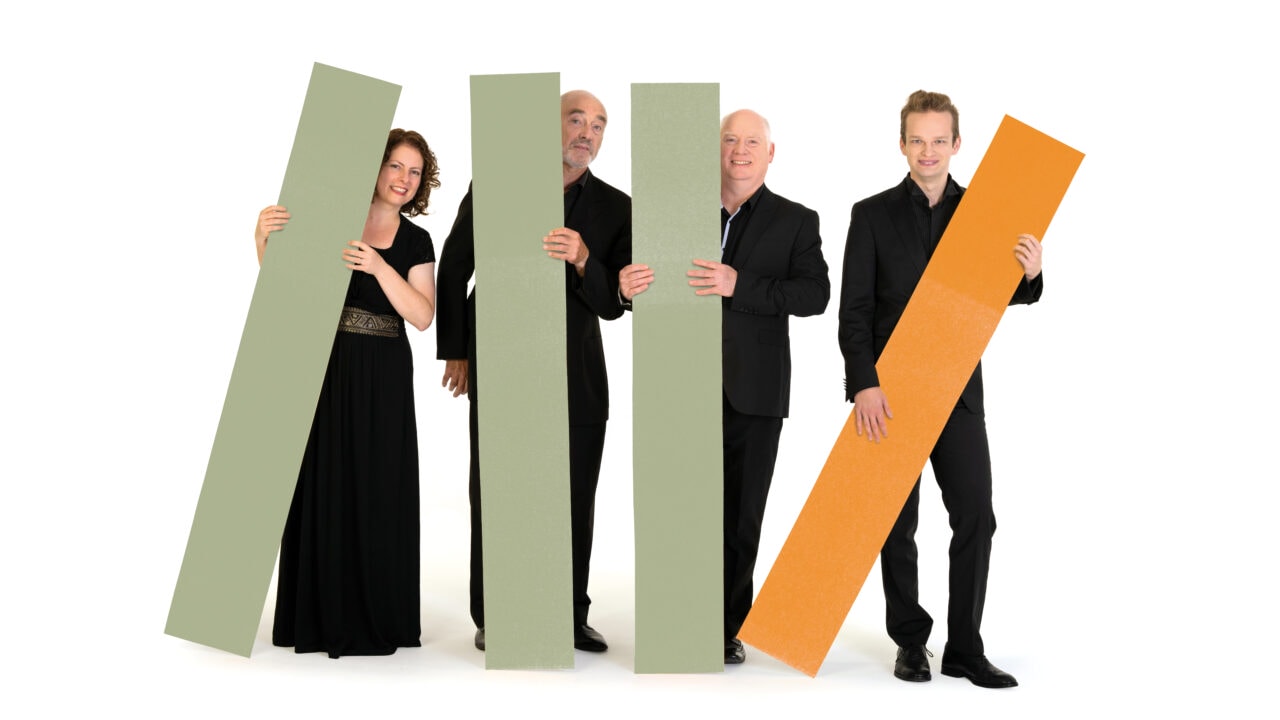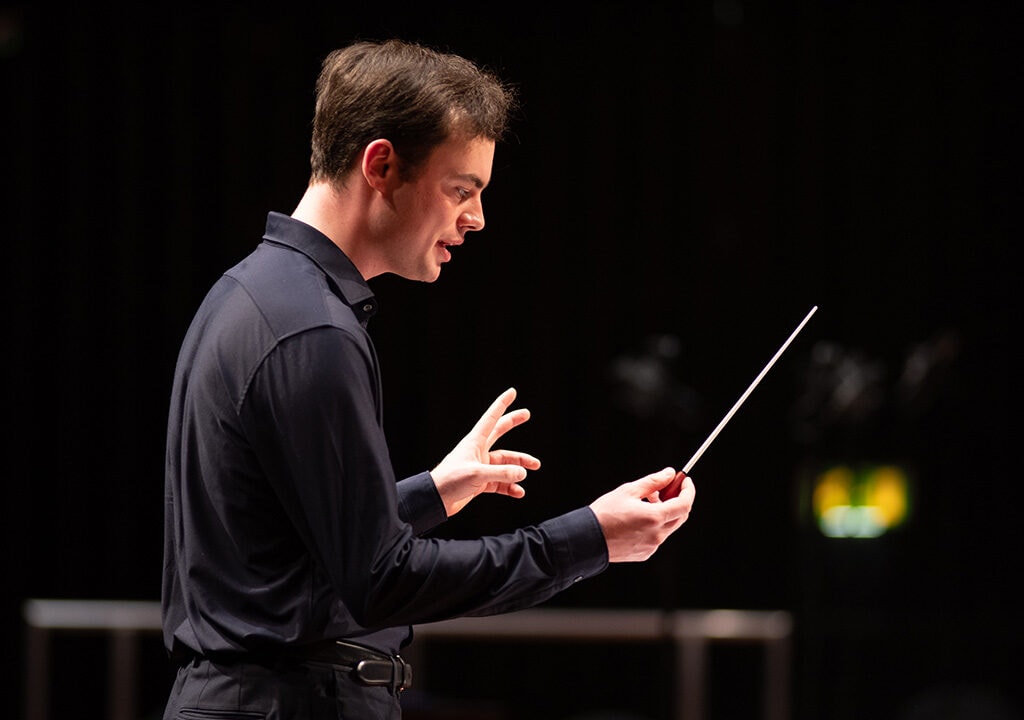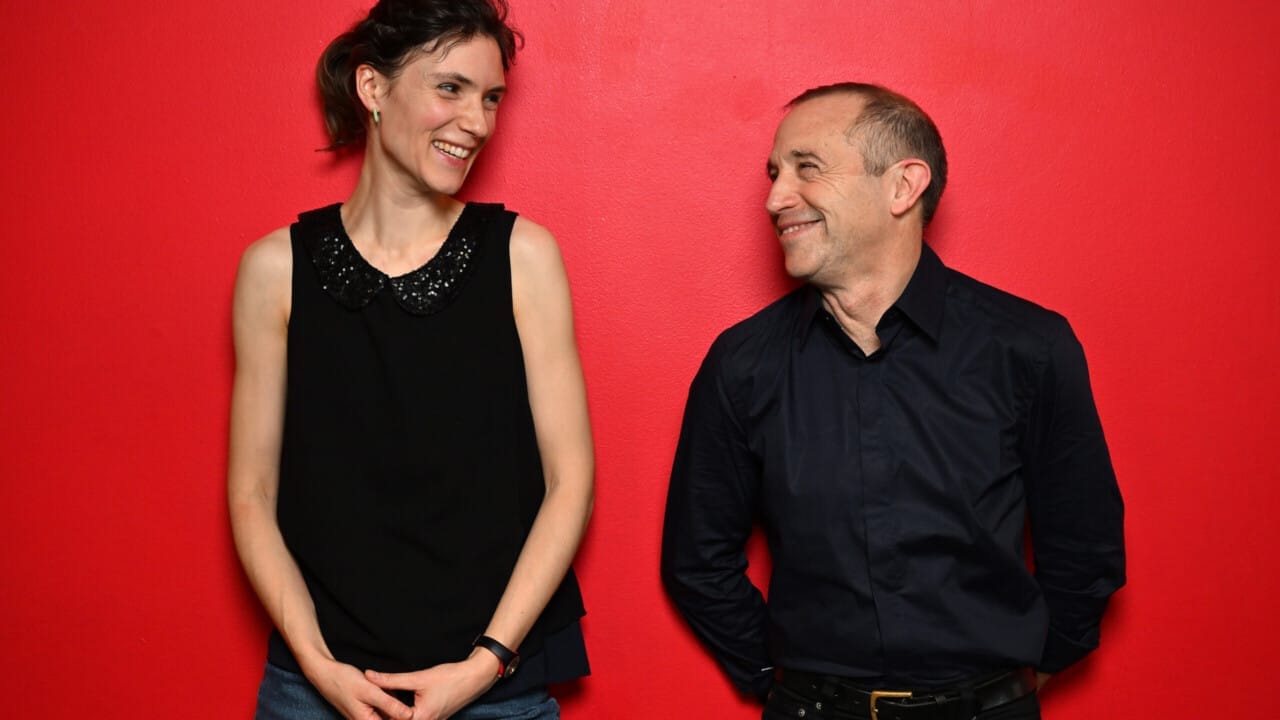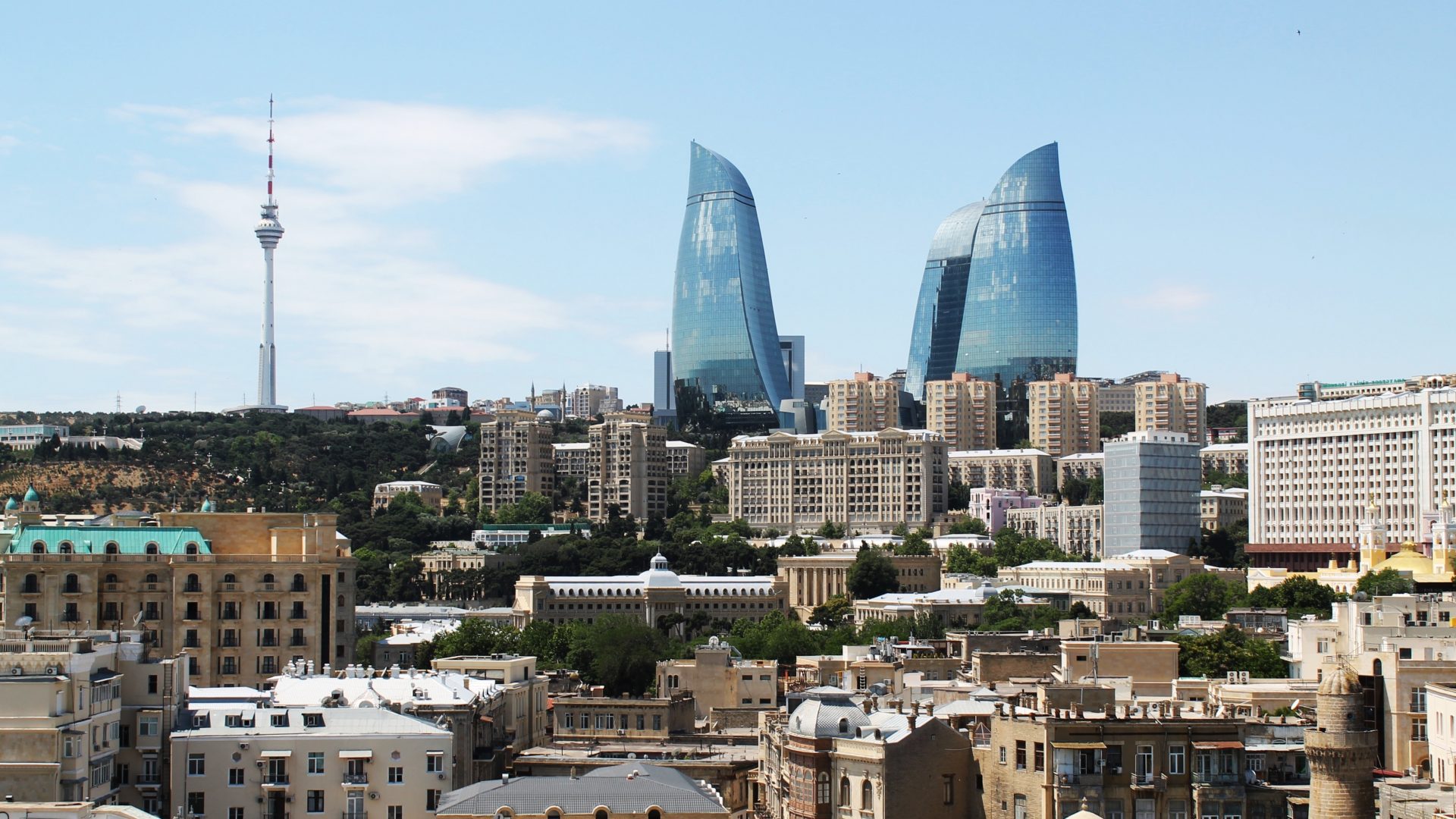Franghiz Ali-Zadeh is a former student of Kara Karayev, who in turn studied with Dmitri Shostakovich. Artists who have celebrated her music include Hilary Hahn, the Kronos Quartet, Yo-Yo Ma, and Mstislav Rostropovich. After conducting her music with the Minnesota Orchestra in 2020, Kirill Karabits told The Guardian, “Franghiz is one of Azerbaijan’s leading composers, and the roots of her music lie in the traditions of her native country […] it means a lot to me, to bring these voices to UK audiences.” We were excited to hear from Franghiz ahead of the world premiere of NIZAMI Cosmology this spring…
You’ve had a fascinating career as both performer (celebrated for interpretations of Crumb, Messiaen, and Schoenberg, in particular) and composer, working closely with the late Kara Karayev. What kind of influence did Karayev have on your compositional style?
We had excellent teachers at the conservatory (in Baku), and the Azerbaijan State Conservatory was considered one of the best in the former Soviet Union. All of our mentors were highly qualified specialists, but the most famous among them was Professor Kara Karaev in the 1960 and 1970s. In the ‘60s, his Third Symphony, and use of the dodecaphonic (12-tone) technique, caused a whole storm of indignation and heated discussions. But for us, his students, all this was a signal that the road to experiments and bold searches in our work was open. Then, I managed to get the then forbidden notes of J. Cage, J. Crumb, O. Messiaen and others, and began to perform a cycle of my solo piano concertos under the heading “Performed for the first time”
Karayev of course studied with Dmitri Shostakovich, do you feel that sense of lineage from one generation to another? When a wonderful musicologist and cellist (a former student of Ms. Rostropovich) gave me her book about Shostakovich with a dedicatory inscription, “Shostakovich’s musical granddaughter”, then for the first time I thought about possible continuity in the line: Shostakovich-Karaev-Alizade. But, despite all my love and admiration for them, I do not feel stylistically their follower.
Always, if we talk about the Prokofiev-Shostakovich dilemma (this topic was often the subject of heated debate and discussion in our music school at the conservatory), I have always been in the camp of Prokofiev’s adherents. I played his music a lot during my studies at the conservatory, was the first performer in Azerbaijan of his Eighth Piano Sonata, and graduated from the conservatory with his brilliant Second Piano Concerto.
Despite this, we were at many premieres of Shostakovich’s works in Moscow and Leningrad. And now, in the Shostakovich Center in Paris, which is headed by his widow, Irina Antonovna Shostakovich, and Emmanuel Utwiller. Concerts were repeatedly held in different concert halls of Paris under the motto “Shostakovich – Karaev – Alizade”. The last was a wonderful concert in the Adyar Hall.
We’re interested to learn more about the wonderful Mugham folk music of your native Azerbaijan. Can you tell us about some of your early musical experiences within the tradition?
Mugam is a complex and multi-component topic that needs to be specifically discussed. I was lucky to head the International Music Festival in Baku “Space of Mugam” 5 times as an Artdirector (2009, 2011, 2013, 2015, 2018). In addition to the concerts of mugham music, we also held international scientific symposiums within the framework of the festivals (sponsored by the Heydar Aliyev Foundation). It is professional music (not folklore) of the oral tradition, with its own modus system, which is fundamentally different from the European one. At the moment, Mugam in Azerbaijan is in the prime of its development, and we have wonderful virtuoso performers.
Tell us about your new piece, NIZAMI Cosmology…. what are the influences behind it?
In Nizami’s poetry, I am struck by the fact that the poet not only admires the panorama of the starry sky, but describes its beauty. Nizami also tries to build the mystery of this beauty into the logic of the movement of celestial themes and the structure of the Universe. He tries to draw parallels between celestial movements with events on Earth and the fate of great personalities, like Alexander the Great, on the occurrence of natural disasters and bloody wars. The scale of the poet’s thinking, who lived in the small city of Ganja (and never left it) about 9 centuries ago, is striking!!!
What colours and sounds can we expect to hear, is there anything in particular that audiences should listen out for?
In this symphonic work, I tried to reflect my thoughts and feelings I’d experienced when I came into contact with Nizami’s poetry. I hope that I can arouse interest in the personality and poetry of this brilliant thinker.
Franghiz Ali-Zadeh’s new work, NIZAMI Cosmology, receives its world premiere from the BSO under the baton of Kirill Karabits — in Poole (Wed 6 April) and Exeter (Thurs 7 April). Click here to book tickets for the hall or livestream.
Learn more about Franghiz’s music
Mugham Music of Azerbaijan
Kronos Quartet perform the First Movement of Ali-Zadeh’s Apsheron Quintet





